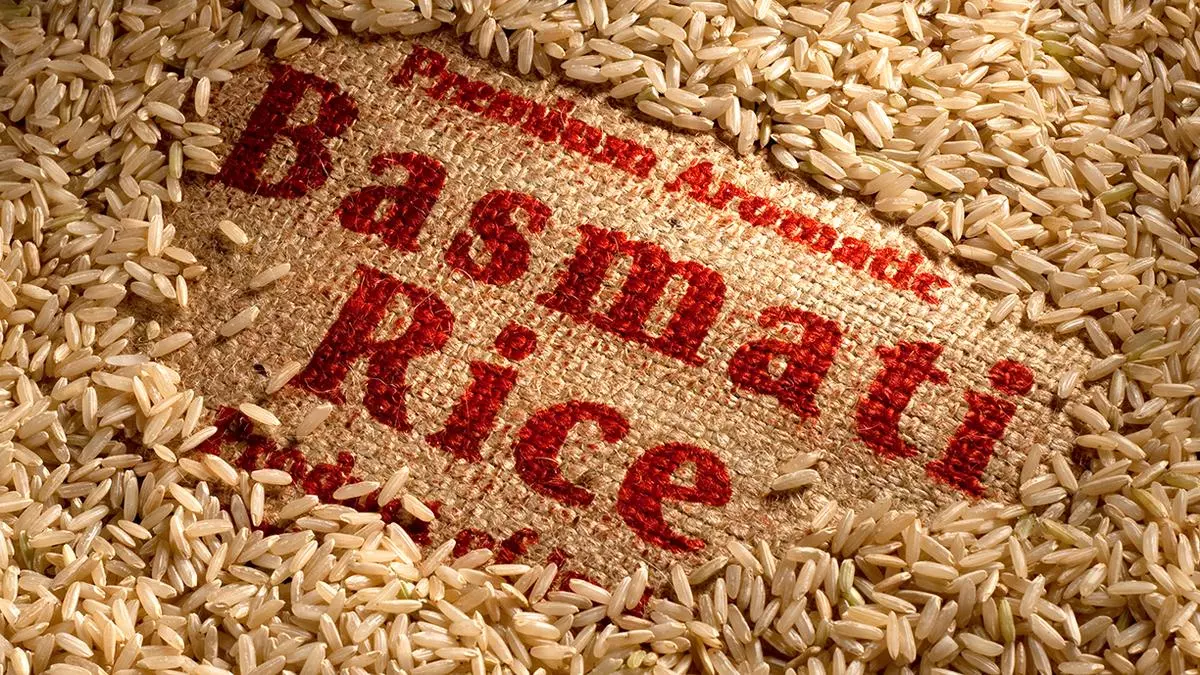APEDA advisory on basmati export ‘declaration’ worries trade
An advisory issued by the Basmati Export Development Foundation (BEDF) of the Agricultural and Processed Food Products Export Development Authority (APEDA) has raised concerns among exporters. However, APEDA says it will not impact exports or exporters.
While the trade wonders if the BEDF has powers to regulate the basmati rice industry and whether the advisory is legally valid, APEDA officials say that it is not binding or compulsory.
In the advisory issued on September 12, BEDF Director Tarun Bajaj said the product in the “packet or bag” should be the same as claimed and there should not be any misinformation on the label. If a specified variety name of Basmati rice as notified under the Seed Act of 1966 is mentioned on the package/label, the product inside should also be the same, it said.
Reason for worry
However, what has left the trade worried is the advisory that says: “writing the name of the Basmati rice variety is not mandatory on the label, the same may be adhered to as per the requirement of the buyer/importing country.” It said traceability of the consignment should be maintained from the mandi (agri-terminal/market) or farm level.
Trade sources said one of the main drawbacks of the advisory is that it does not spell out procedures for traceability and testing.
However, BEDF Director Bajaj told businessline that, “The advisory is only advising exporters not to make any misdeclaration. It is not a rule. If an exporter says he is exporting 1121 variety, he/she should not mislead authorities by packing some other variety. That’s what we are saying.”
A trading source, on the condition of anonymity said, “The advisory is in contravention to the Seed Laws. As per the Seed Law, 98 per cent of the seeds should be the variety that is claimed. On the other hand, the Basmati Rice (Export) Grading and Marketing Rules, 2003, allows mixing of other grades of rice to a certain extent.”
Grey area
The Basmati rice (Quality Control and Inspection) Rules, 2003, which originated from a 1939 rule and was changed in 1979, allows the mixing of 5 per cent special grade rice or 8 per cent Grade A or 15 per cent B grade rice.
“The first advisory issued by the BEDF dealt with packet/bag as well as the document. Now, the document has been excluded. The first advisory said that the correct variety should be declared but now the variety has been deleted. Millers pay prices based on paddy variety,” said a second trade source.
Sources said the advisory allows exporters to follow the requirements of the importer or buying nation. “The labelling requirements are a grey area in the advisory. The control of labels is given to importers. If importers can change the label, they can control what is inside the packet,” the second source said.
Opening floodgate
Trade sources said buyers or importing nations can now increase other rice varieties in the pack. If an importer wants to mix 50 per cent of non-basmati varieties, the advisory opens up the floodgate for non-basmati rice varieties.
The first trade source said, “A document from the importer provides legal sanctity for adulteration. However, in a geographical indication (GI) product such as Basmati the owner controls the label. GI is all about labelling. Here, the labelling control is passed to the importer or customer. This could affect the country’s reputation.”
Stating that the advisory has moved from mandatory varietal labelling to product claim in the label, trade sources said it states products should be the same and misleading information should not be on the label.
There could be a large variation in the price band and definitions could lack adjectives such as authentic, traditional, super, or classic. Unexplained labels could become a problem.
‘Wrong perceptions’
However, APEDA sources said the trade has “wrong perceptions” over the advisory.
Trade sources said exporters determine price based on varieties. “Therefore, the consumer knowing the varieties in view of transparency and value proposition could be an argument (supporting the advisory),” the first trade source said.
In shipments to the European Union, the variety is declared in the export documents to claim duty concession. “The advisory stipulates that traceability should be maintained from mandi or farm level. The ‘Basmatinet’ traceability initiative has been going on since long. Why can’t APEDA bring technology fusion to Basmatinet? Traceability is a must for GI,” said the second trade source.
Exporters and millers may have a system for traceback but agents in mandis are unlikely to have systematic records to trace back to farmers and the payments made. A mandi agent is an authorised user and the traceability can be implemented from that level, the sources said.
May hit M.P.
“When APEDA can maintain traceability in organic produce through Tracenet, why can’t it do a similar thing in Basmati? Perhaps in organic, we have certification and inspection agencies to support APEDA. Here there is none,” said the second trading source.
Trade sources suggested a new system could be launched, which could also provide employment and comparative advantage to the nation. It will take a few years, though.
However, the traceability norms could put out of market Basmati rice produced in Madhya Pradesh, eastern UP and some Rajasthan regions such as Kota and Bundi. Most of the importing nations do not recognise Madhya Pradesh as a Basmati growing region, the sources said.
Scraping MEP
On the other hand, the trade wonders how will authorities ensure that non-basmati rice is not exported in the garb of basmati rice after the Commerce Ministry scrapped the $950/tonne minimum export price (MEP) on the long-grained rice.
“While imposing the MEP, APEDA said it was a measure to ensure that non-basmati rice should be exported as Basmati rice,” said a first trading source, who did not wish to be identified.
However, official sources said the Commerce Ministry has asked APEDA to “closely monitor” export contracts for any non-realistic price for Basmati exports.
